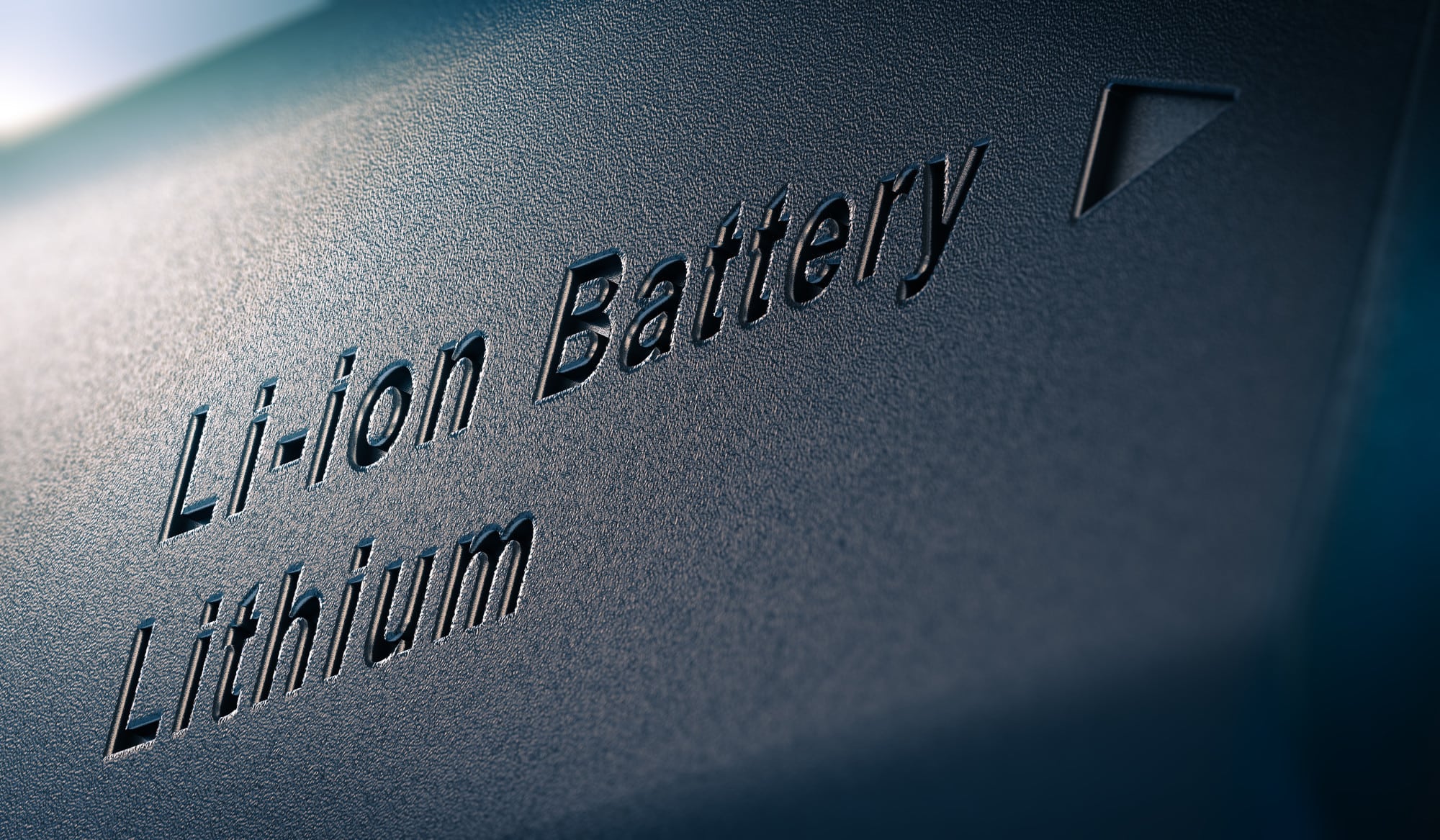The majority of forklifts operating in the United States today run on electrical power, a trend that shows no signs of slowing. There are some good reasons for this. Electric forklifts are lighter, there is less maintenance, and you don’t have to keep fuel on hand.
Innovations in electrical batteries in recent years have improved efficiency and longevity. But regardless of the quality and caliber of forklift battery you have, eventually, it will need changing. The key is determining when that is.
The information below explains how a forklift battery works and how you can know when yours is on its last leg.
How Do Forklift Batteries Work?
Most of us use lithium-ion batteries every day. They power laptop computers, cell phones, and electric cars. Lithium-ion batteries are lightweight, have a high energy density, and can recharge quickly.
Lithium-ion batteries store energy in the anode and cathode. Electrolytes carry positive ions back and forth between them. A collector captures them and sends them to the machine or device.
Advantages of Electric Batteries
Until recently, most forklifts relied on lead-acid batteries for power. These are much like regular car batteries, except they need more maintenance. You must recharge and “water” them regularly to keep the battery voltage up.
The advantages of lead-acid batteries are power and cost. They are still cheaper than most lithium-ion batteries and can power larger motors. But this is where the advantages end, and they have diminished with the advent of bigger and better lithium-ion batteries.
With electric forklifts, there are no emissions. This is both better for the environment and the air in your warehouse. Also, you don’t have to keep fuel on hand.
You can charge lithium batteries between shifts. They do not need oil changes or other maintenance required on a combustion engine. Finally, electric forklifts are much lighter and more transportable than those powered by combustion engines.
When to Change a Forklift Battery
The short answer to when to replace a forklift battery is when you notice the machine starting to dissipate in power, performance, or longevity. Most forklift batteries should last at least 1,500 charge cycles, depending on how much use they get on any given day.
If the battery is much newer than that, you may want to investigate repairs to see if something else may be causing the problem. Poor performance could be the result of faulty wires or other connection problems.
If you notice corrosion or other signs of wear on the battery, this also could be the culprit. Also, note that all lithium-ion batteries dissipate in capacity over time.
Simply because a forklift battery doesn’t last for an entire 12-hour shift does not mean there is a problem with it. You may find that it has usefulness in other capacities, such as shorter shifts or specific projects.
Learn More About Forklift Power
Now that you understand the basic functions and makeup of a forklift battery, you can determine when you should replace yours. It will help you keep your fleet running at optimum capacity so you can maximize productivity and profits.
Superior Industrial Products is an independent forklift company that specializes in forklift parts for all makes and models. We provide quality new and used parts to help save your company money to keep your forklifts running. Reach out to us today to learn more about our products and services.

